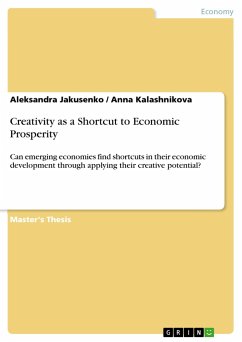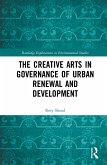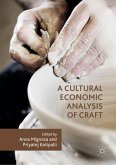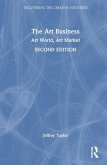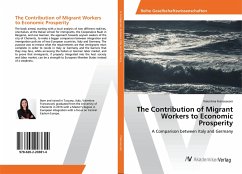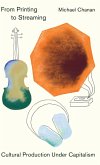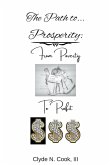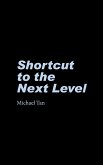Master's Thesis from the year 2012 in the subject Business economics - Miscellaneous, grade: A-C, Stockholm School of Economics (Stockholm School of Economics), course: Creative Economy, language: English, abstract: The major query addressed in this study is whether emerging economies can find shortcuts in their economic development through applying their creative potential. Therefore, this research aims at thorough investigation of creative economy as the next step in economic development following the agrarian, industrial, service or knowledge economy, and experience economy. A bibliographical research of the available literature on creative economy is followed by an empirical research of five creative clusters derived from 33 European nations: a panel regression analysis of creative economy from 2008 to 2010 and qualitative research based on 55 expert interviews. The results obtained suggest that creative economy differs in each of the European countries depending on the creative cluster they belong to and its level of sophistication diminishes, the lower the level of development of a country, but one cluster. Namely, creative economy in the virtuous emerging economies is comparable to that of the knowledge economies. This implies that there are possible shortcuts in economic development that emerging countries can take, in order to achieve the level of economic wellbeing similar to that of the developed countries faster. Finally, a term of "neat" creativity as a constant driver of economic development, be it creativity of slack or creativity of deficit, has been discussed, which raises numerous questions for further research.
Hinweis: Dieser Artikel kann nur an eine deutsche Lieferadresse ausgeliefert werden.
Hinweis: Dieser Artikel kann nur an eine deutsche Lieferadresse ausgeliefert werden.

